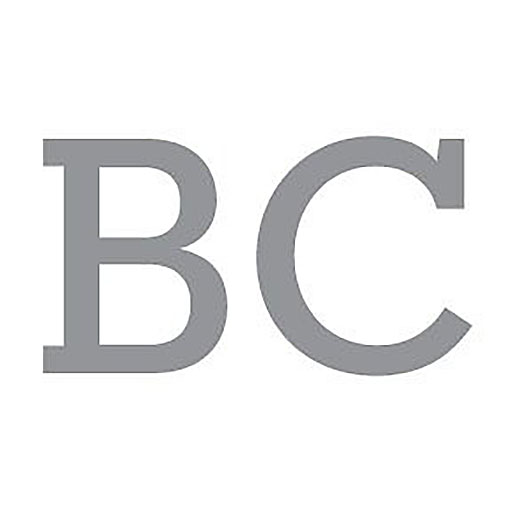How Hormones Got a Bad Rap
Sandra Rice, MD, an internal medicine specialist who retired from Overlake Clinics in December 2021, is a rebel with a cause—and that cause is the well-being of women as they transition from perimenopause to menopause. She believes most women have been misguided about hormone replacement therapy, so she wrote a book about it. You can find The Estrogen Question: Know Before You Say No to HRT on Amazon to check out her scientifically backed arguments.
In 2002, two very important things coincidentally occurred in Dr. Rice’s life. The first was the implementation of a Women’s Health Initiative (WHI) study concerning the use of hormone replacement therapy. The study condemned the use of exogenous estrogen replacement therapies (mostly prescribed to mitigate menopausal symptoms), proclaiming that they increased the risk of breast cancer, heart attacks and strokes. Overall, it lambasted hormones as harmful therapies and pointed fingers at the doctors who used them.
Being the only study of its kind at the time, it made international news headlines. Rice says 80 percent of women stopped taking hormones due to the study. As one of very few female internal medicine specialists in Bellevue at the time, Rice had prescribed HRTs to hundreds of women. After all, it was widely accepted as the standard of care for women in perimenopause and menopause for a long time.
The other significant thing happening in her life was that she herself was beginning to enter menopause, which has been known to cause all kinds of uncomfortable side effects and some serious health concerns—including bone loss, weakening of the muscles, high blood sugar and more. She knew firsthand that estrogen was helping her through this challenging time and significantly increasing her quality of life. She saw the same for so many of her patients. So she was at a crossroads. Was she to heed the advice of the biggest women’s study known to date, or was she to question it?
Reflections magazine: Why did you question the findings of that study?
Dr. SANDRA Rice: It didn’t make sense to me to throw it all out. I really questioned it. I was a little bit of a renegade and stayed on hormones and kept most of my patients on estrogen. I knew I was walking a fine line, but some of the things being said just didn’t make sense to me.
RM: What did you find when you dug deeper into the study?
SR: Most importantly, the average age of the women in the study was 62, and they hadn’t been on hormones for 10, 15, 20 years and beyond, after their bodies changed. That immediately made me question it.
RM: Anything else?
SR: Yes, the link to breast cancer was misrepresented. Technically, there were more incidents of breast cancer. Of the 10,000 women taking hormones, there were 58 cases of breast cancer reported. There were 50 women who got breast cancer who didn’t take the hormones, so only eight more women got it. And, to be honest, they most likely had more predispositions at the start. Estrogen does affect the breast tissue, but it doesn’t cause cancer.
RM: SO, YOU’RE SAYING THAT THE BENEFITS OF HRT OUTWEIGH THE RISKS?
SR: I believe hormones cause far more benefits than risks. But now it has this reputation for wreaking havoc on women’s health.
RM: What are those benefits?
SR: First and foremost, it alleviates the symptoms that can be very disruptive to a woman’s life, making them miserable. On top of that, it’s good for the bones, keeps cholesterol down, improves blood sugar regulation, helps produce collagen in the skin, keeps muscles from degrading and helps with sexual function.
RM: And you’ve seen this firsthand?
SR: Yes, absolutely. I’ve been following some women for 40 years and they undoubtedly look better, feel better. Same goes for myself.
RM: And there hasn’t been any major follow-up studies in the two decades since the original WHI study?
SR: Not really.
RM: Why do you think that is?
SR: A lot of the money—it’s extremely expensive to conduct these studies—comes from pharmaceutical development, and hormones are dirt cheap. All they can patent is the delivery systems, so they aren’t going to do huge studies because they can’t make money. I really believe it has a lot to do with financial barriers.
RM: That must be very frustrating for you.
SR: Yeah, it is. That’s why it took me three years to write the book. I feel really good about it, though. I wanted it to be a credible book. I didn’t want it to be anecdotal at all. It needed to be all about the actual science. It’s been out for a few years now, and everything in it has been reinforced and substantiated. It’s no surprise; [HRT] will help your symptoms, help your bones. The chance of breast cancer is so low. It’s not nothing, but it’s very low.
RM: Are more physicians and women catching on?
SR: Right now, 20 percent of women in menopause take them. Things are changing, but slowly. It’s not shifting at a very fast scale.
RM: Do you have any advice for women who want to dig deeper, besides reading your book?
SR: Yes, ask questions—lots of questions. And follow your intuition about what makes sense for you and your personal health history.
To read more about Dr. Rice and hormone replacement therapy, check out her book
The Estrogen Question: Know Before You Say No to HRT on Amazon.


